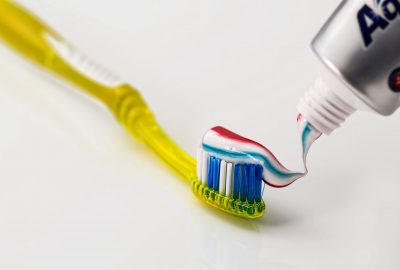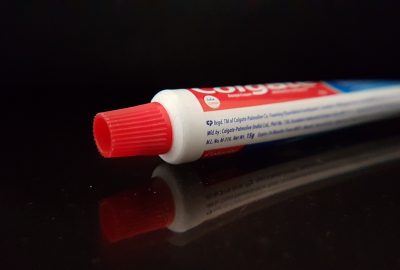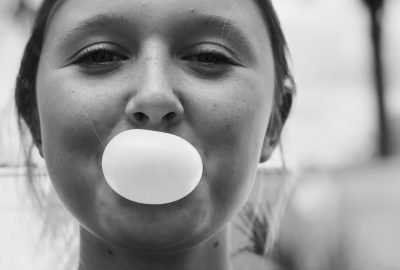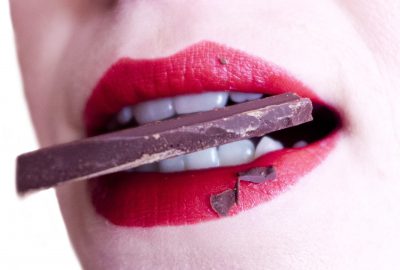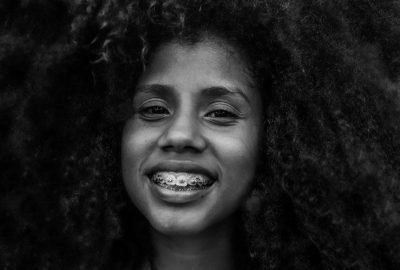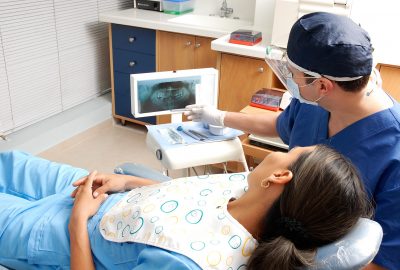How to stop grinding your teeth in your sleep
Why am I grinding my teeth at night?
Teeth grinding is a very common condition that will affect around 80% of the population during their life. Teeth grinding is also referred to as bruxism and there are a number of reasons why you might be grinding your teeth at night. Below is a guide to why you may be grinding your teeth and what you can do to help stop it.
What is bruxism?
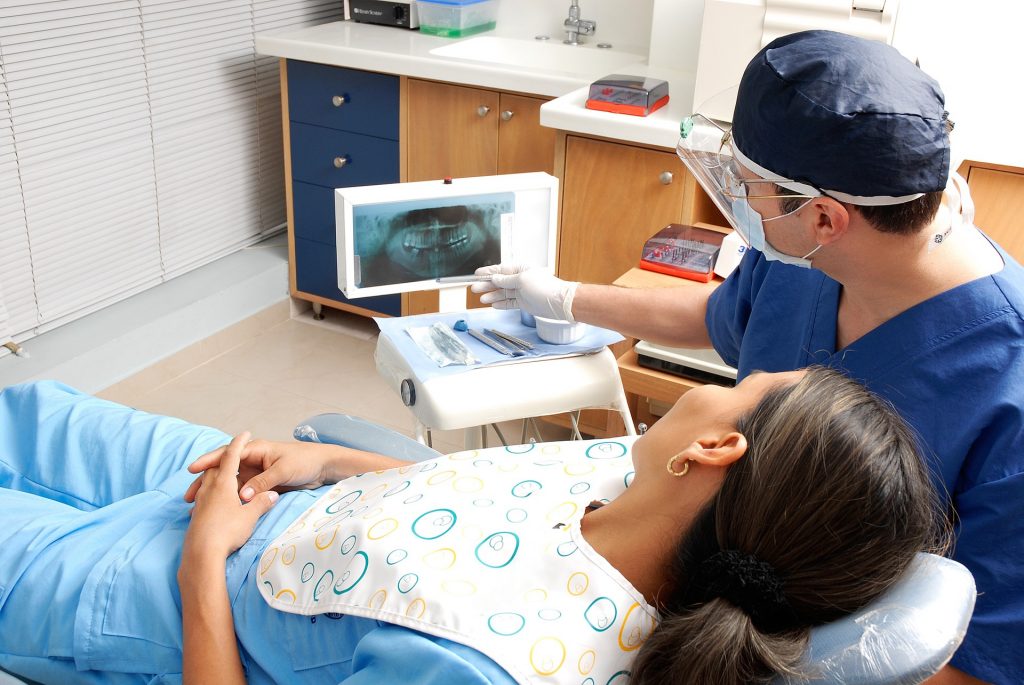
Bruxism is a fairly common sleeping disorder that causes you to grind or clench your teeth during your sleep, although this can occur while awake. Symptoms include tight, sore jaws, headaches and toothaches.
Bruxism is not uncommon, it is thought to affect 80% of the population during their life. As the condition is not likely to cause any serious issues or discomfort for many people, it is largely overlooked and undiagnosed. However, there are people who do experience persistent and painful side effects such as headaches, jaw pain and migraines.
Bruxism in relation to stress and anxiety
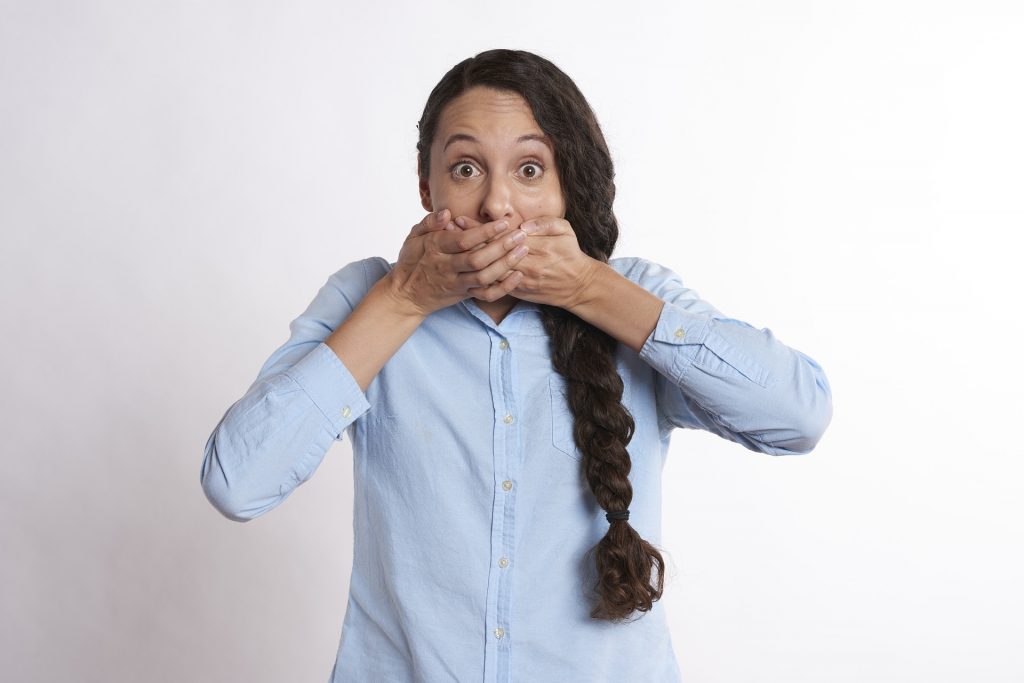 If you find yourself clenching or grinding your teeth during your sleep, it may be closely related to anxiety or stress. Bruxism is closely linked with anxiety, so it is worth addressing anything that is causing you to feel stressed or anxious before seeking orthodontic or dental intervention. There are a few helpful ways to reduce the effects of bruxism before bed, including:
If you find yourself clenching or grinding your teeth during your sleep, it may be closely related to anxiety or stress. Bruxism is closely linked with anxiety, so it is worth addressing anything that is causing you to feel stressed or anxious before seeking orthodontic or dental intervention. There are a few helpful ways to reduce the effects of bruxism before bed, including:
- Deep breathing
- Reading
- Listening to music
Understanding what’s causing you to grind your teeth at night will help you identify ways to rectify the causes. If your symptoms continue, you may want to consider alternative options, such as cognitive behavioural therapy (CBT).
Other tips on how to stop grinding your teeth in your sleep include:
- Avoiding alcohol – as it tends to encourage teeth grinding
- Refrain from chewing on pens, biting your nails etc
- Avoid chewing gum (or at least don’t always use it)
- Apply a warm flannel or cloth to your cheek in front of your earlobe to ease jaw muscles
Teeth grinding in the day vs night
Grinding your teeth in the day (or when you’re awake) is easier to assess and address in contrast to night bruxism. Being conscious of your teeth grinding makes it easier for you identify why you’re doing it. The reasons may not be too dissimilar to grinding your teeth in your sleep. Tracking how many times a day you grind your teeth and finding out what scenarios encourage it will help you to find ways to address it.
Once you become consciously aware of your teeth grinding, it will become far easier to treat. If you find you’re more likely to grind your teeth in stressful situations, try to relax your jaw and perform deep breathing. Some people also find that resting their tongue at the roof of their mouth helps to tackle teeth grinding.
Grinding your teeth at night
Teeth grinding during sleep is far more common than when awake. You may find that your symptoms are closely related to a sleeping disorder known as sleep apnea. This is a common sleeping disorder that narrowed the walls of your throat, causing you to snore and sometimes interrupt your sleeping pattern.
Fortunately, there are a number of mouthguard appliances on offer to help minimise the effects of teeth grinding. If you would feel more comfortable sleeping with a mouthguard appliance, please speak to one of our friendly team members to see what options are available to you.
Why is teeth grinding harmful?

The symptoms detailed above (jaw, head and tooth pain) if left untreated can result in the fracturing, loosening or general weakening of bone and tooth structure. Constantly grinding your teeth will eventually wear them down, which can result in the need for bridges, crowns implants and even root canals. In severe cases, constant tooth grinding can even change the appearance of your face.
Do children grind their teeth?
Although adults are more prone to grinding their teeth (mainly due to anxiety and stress) children can also grind their teeth. In fact, it is thought that around 15% to 33% of children grind their teeth. The most common time for children to grind their teeth is when their baby teeth begin to emerge and when their permanent teeth start to push through. Once a child’s two sets of teeth have come in, their teeth grinding symptoms should disappear, or at least lessen considerably.
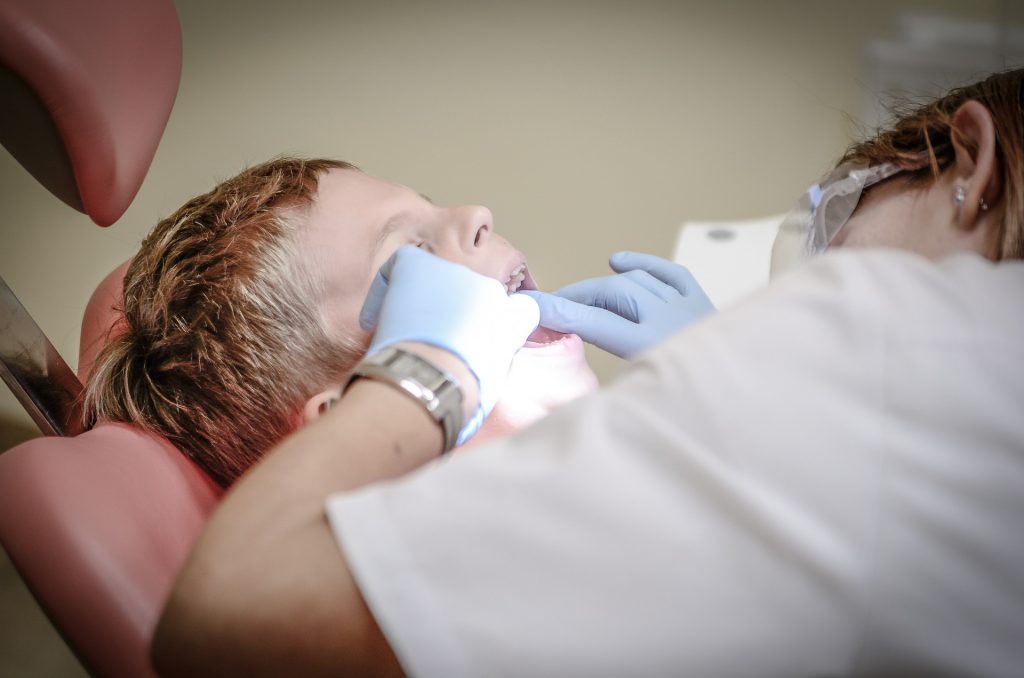
Like adults, children tend to grind their teeth more during their sleep. Medical and dental professionals are still unsure as to why children grind their teeth during their sleep, but we can safely assume that improperly aligned teeth (or malocclusion) may be some of the causes.
In the vast majority of cases, grinding of baby teeth rarely ever leads to problems. You may find that your child suffers from headaches and minor jaw pain, but these symptoms can be alleviated by wearing a mouthguard, changing their diet or breaking bad habits (thumb sucking, chewing on pencils, etc).

 Hove
Hove 01273 203514
01273 203514


 Read more
Read more